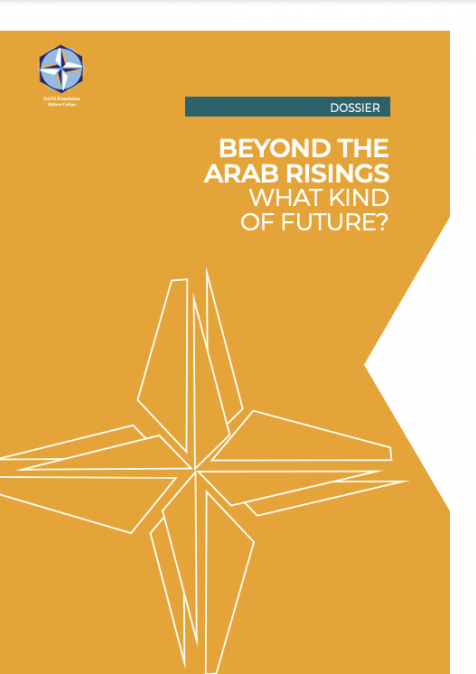Publications /
Paper in Academic Journals
This Paper was originally published on menavex.org
The fourth industrial revolution has catalyzed the adoption of artificial intelligence (AI) and digital technologies, providing states, communities, and individuals with innovative tools to address complex challenges. Governments, particularly in technologically advanced nations, leverage AI to enhance diagnostics, conduct sophisticated analyses, and strengthen predictive capabilities, which support regulatory functions, public safety, and community security. As a result, law enforcement agencies, including “smart police,” are increasingly adopting big data and analytics-based methodologies as strategic tools for crime monitoring and prevention. However, using such technologies raises critical questions about balancing public safety with the fundamental human right to privacy.
This presentation explores the legal framework governing smart policing within Europe, focusing on the updated Prüm Decisions–Prüm II since December 8, 2021. This framework facilitates cross-border data exchange and cooperation in policing, aligning with EU best practices and national regulations across European countries. Additionally, the role of Interpol in coordinating international law enforcement efforts is examined, assessing the extent to which it meets the operational needs of states in a technologically interconnected era.
A vital aspect of this analysis is the inseparability of national, regional, and international factors in modern security management. Despite the interconnectedness, disparities in regulatory standards, technological capabilities, and infrastructure—especially between the Global North and South—still impact the effectiveness of these frameworks. This paper aims to provide an in-depth reflection on these convergences and divergences, the implications for individual privacy rights, and the future of smart policing as an evolving paradigm in new forms of law enforcement and global security.
It is essential also to mention that The “smart city” concept, with a focus on technological innovation and security, indeed gained substantial traction in Asia, particularly in Singapore, China, Japan, and South Korea. These countries have approached smart cities as highly integrated ecosystems where technology is leveraged to optimize urban management, improve efficiency, and enhance security. For example, extensive data surveillance and AI-powered infrastructure in China have been integral to its Smart City Vision, often prioritizing social management and security.
In contrast, Western countries like the US, Germany, and the UK have indeed been more cautious. While their technological advancements are highly sophisticated, they often approach smart / Intelligent city initiatives with a stronger focus on safeguarding human rights and democratic values. This caution reflects concerns about privacy, data protection, and civil liberties stemming from a more critical public discourse around surveillance and personal freedoms. Consequently, Western smart city models often prioritize transparency, data ownership, and citizen rights in ways that may not always align with the rapid, security-focused implementations observed in some Asian models.
The differentiation between Asian and Western approaches to smart city models has narrowed during and after the COVID-19 crisis. The pandemic accelerated the adoption of digital infrastructure and surveillance technologies worldwide, leading Western countries to adopt strategies that previously aligned more closely with the Asian approach.
For instance, many Western cities implemented real-time data monitoring, contact tracing, and digital health passports, which required collecting and processing personal data on a larger scale than ever before. This shift marked a notable relaxation in the West’s traditionally cautious stance, prioritizing public health and safety over some privacy concerns. Public acceptance of these technologies increased in response to the crisis, leading governments to deploy smart city tools for health management, mobility tracking, and crowd control.
While Western countries continue to emphasize data privacy and civil rights, the experience of COVID-19 has led to a more pragmatic view, recognizing the benefits of integrated digital infrastructure for emergency response. This has blurred the lines between Western and Asian models, with an emerging hybrid approach that balances technological efficiency with ongoing dialogue around democratic values and rights protection.





